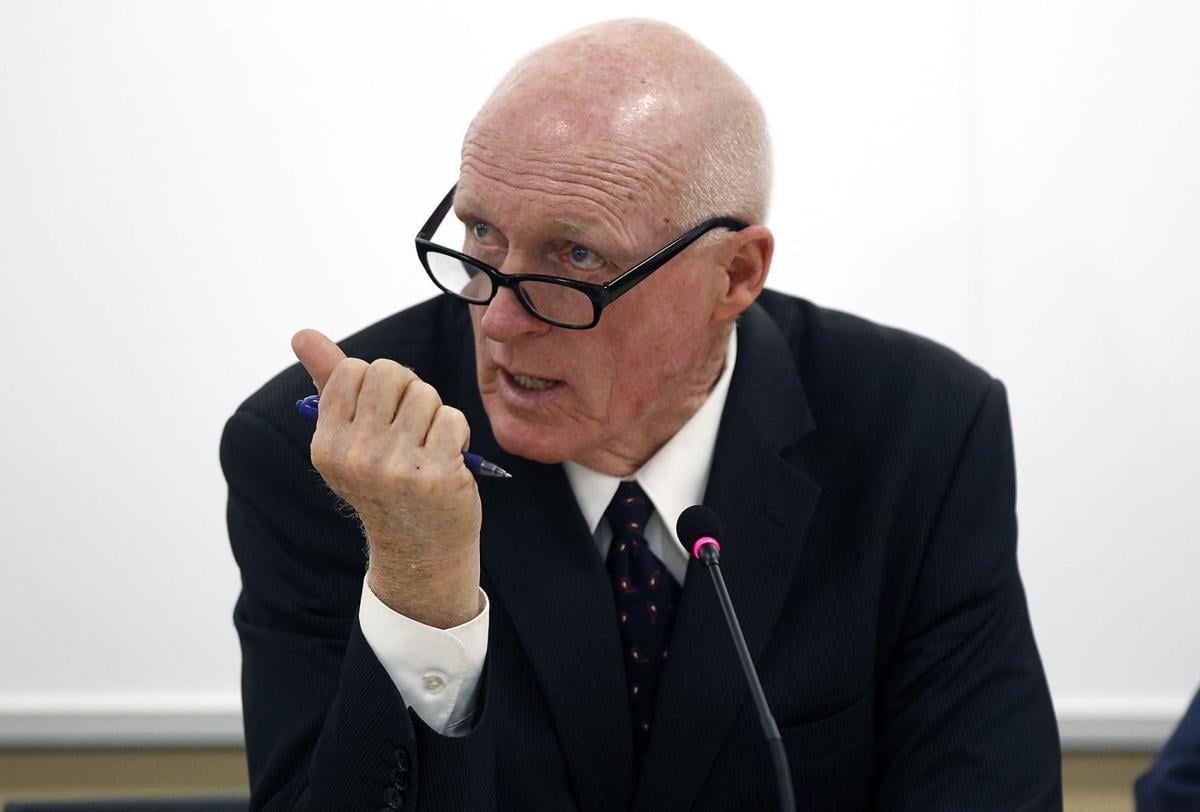PHOENIX — Facing an increasing risk of virus spread, the Republican controlled Arizona House enacted a remote-voting plan that Democrats contend is designed largely to protect the GOP majority.
The proposal pushed by Majority Leader Warren Petersen, R-Gilbert, suspends rules that require representatives be on the floor to vote. Instead, it permits them to use technology to monitor floor action from a remote location and record their votes in real time.
Only thing is, House Speaker Rusty Bowers, R-Mesa, acknowledged the system may be able to accommodate only six lawmakers at a time —perhaps as many as eight — before it would crash. That means Bowers would have to select who would be eligible for off-site voting.
He said factors would include both the age of members as well as underlying medical conditions. Bowers said he would also take into consideration those who have family members with compromised health conditions.
Rep. Randy Friese, D-Tucson, said there are far more than six members who fit that category, including himself, as his wife, Susan, takes immunosuppressants for a form of arthritis.
Rep. Jennifer Jermaine, D-Chandler, said she is a cancer survivor who has asthma and a traumatic brain injury. And Rep. Alma Hernandez, D-Tucson, said her father has been in and out of the hospital and depends on oxygen to remain alive. "I can't go home,'' she said, for fear of spreading the disease.
The divisive vote Tuesday — only one Democrat supported the change — throws a shadow over efforts to enact a bipartisan "baseline'' budget as early as this week. The goal is to ensure authority for the state to continue operating when the fiscal year begins July 1, in case deteriorating health conditions prevent the Legislature from meeting.
It also undermines efforts toward a bipartisan plan to enact immediate changes needed in state law to deal with the health crisis.
Rep. Kristen Engel, D-Tucson, pointed out that 58 of the 60 members were on the floor Tuesday, more than enough to enact a basic bipartisan budget, as well as to approve COVID-19 emergency funding for such things as drive-through testing and protective gear for first responders. At that point, lawmakers could end or recess the session.
But there may be things Democrats want that may not get GOP support. These range from paid sick leave and eviction prevention to money for food banks.
It takes 31 votes for final approval of any measure. So if even one GOP lawmaker is absent, any measure fails unless it gets the support of at least one of the 29 Democrats. Remote voting increases the chances that Bowers can guarantee 31 Republican votes.
Rep. Bret Roberts, R-Maricopa, said there is a sentiment among Republicans to do more than enact a budget and virus emergency plan.
"There is a lot of legislation that's been worked on,'' he said, legislation that would self-destruct if the Legislature adjourns. For example, he said, there is bipartisan support to allow some prison inmates to be released earlier.
Meanwhile, there are at least two Senate Republicans staying away due to COVID-19. That leaves Senate President Karen Fann, R-Prescott, without 16 GOP votes in her 30-member chamber.
A spokesman for Fann said there are no plans to pursue remote voting in the Senate.




